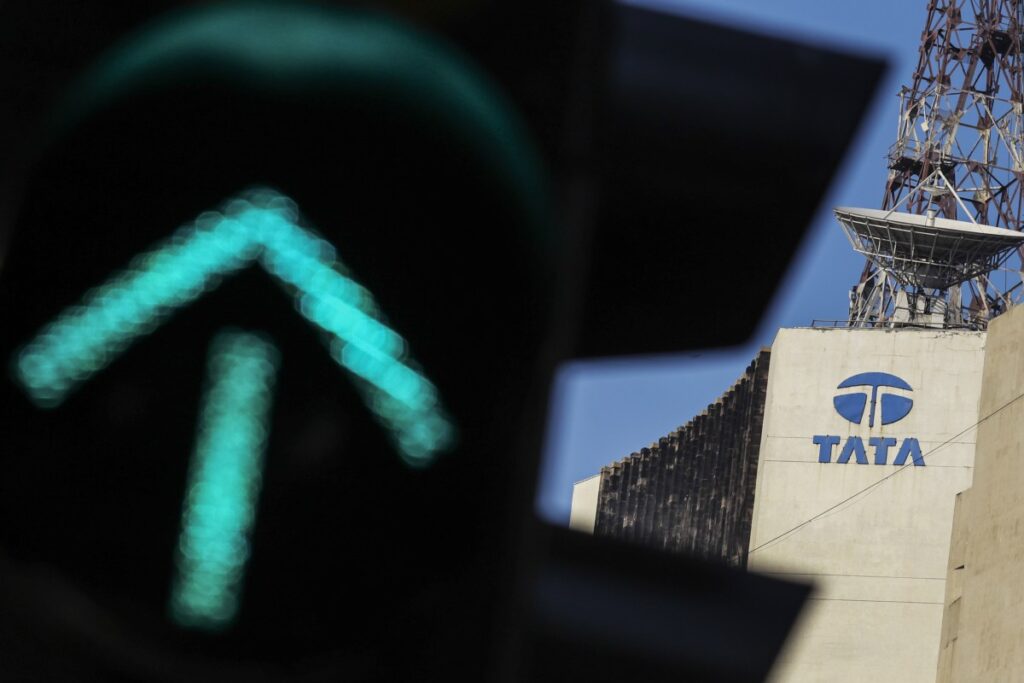Tata Group will start making iPhones in India for the local and global markets, India’s Deputy IT Minister Rajeev Chandrasekhar announced on Friday, moments after Wistron’s board approved the sale of the Taiwanese firm’s plant in the southern part of India to the tech-to-airline conglomerate.
Wistron’s board approved the deal to sell Wistron InfoComm Manufacturing (India) Pvt to Tata for $125 million, the Taiwanese firm said in a stock exchange filing Friday. Wistron, one of the three iPhone manufacturers in India, said it finalized the deal after strategic considerations in response to the reshaping of the firm’s global manufacturing strategy.
The deal follows the two firms negotiating terms for over a year. Tata, which is set to become the first Indian firm to assemble iPhones, declined to comment.
The 155-year-old Tata Group is in multiple businesses, from selling salt to producing steel to providing tech consultancy services. The firm, which has forged joint ventures with many global firms, including Starbucks, said earlier that it will launch 100 Apple stores in the South Asian market.
“Thank you Wistron for your contributions, and great going for Apple in building a global supply chain from India with Indian companies at its helm,” wrote Chandrasekhar on social platform X.
“The Ministry of Electronics and IT stands fully in support in growth of global Indian electronics companies that will in turn support global electronic brands that want to make India their trusted manufacturing & talent partner and to realize PM’s goal of making India a global electronics power.”
Friday’s announcement follows Google revealing its plans to begin assembling its Pixel smartphone lineup in India. Scores of firms are betting on turning India into a global manufacturing hub and cut their reliance on China in what analysts often call “China + 1” strategy.
New Delhi, on its part, is actively offering financial incentives worth billions of dollars to attract global companies to establish manufacturing operations in India.
“With India’s growing domestic demand, and government’s focus on local manufacturing including policy support (lower taxes, production linked incentive scheme etc) and export opportunity driven by China + 1 strategy of global players, India’s EMS industry (finished product and electronics manufacturing) is at the cusp of robust medium-term growth,” Macquarie analysts wrote in a recent note.
Meanwhile, Apple is increasingly turning its attention to India, the world’s second largest smartphone market. The firm opened its first two retail outlets in the county earlier this year and is engaging with HDFC Bank to launch Apple Pay service in the country, TechCrunch reported earlier.

